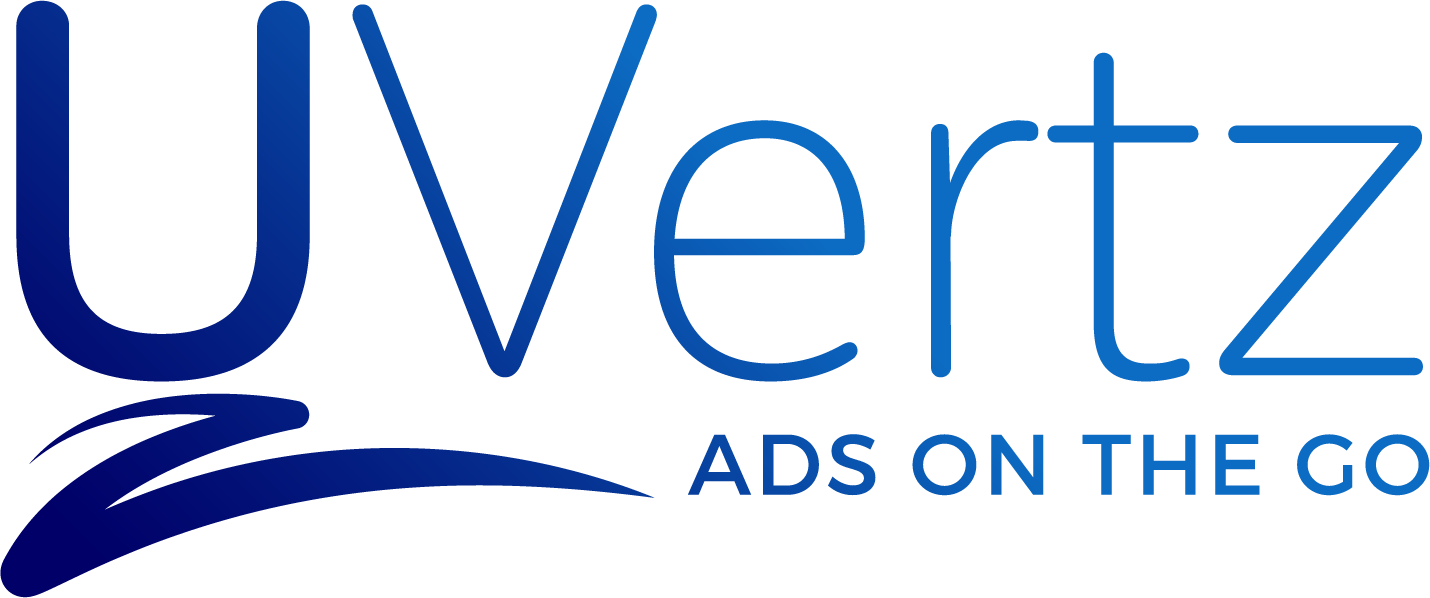Too Many Americans Are Drowning in Debt
Launching in August, 2008, Airbnb embarked on a mission to transform the way homeowners make use of their property. In less than two months, the stock market would crash and metastasize into a prolonged and persistent financial crisis that would create the largest disruption to the U.S. housing market since the Great Depression.
Tens of millions of Americans would find themselves in the crosshairs of an adverse and unforgiving job and housing market. Debra Giusti had left her coveted job as an IT project manager to help care for her ailing 91 year-old mother. When she attempted to return to the workforce, the job market had all but evaporated.
But mortgage payments were still due at the beginning of each month. In the end, Giusti managed to save her home from foreclosure. What saved her home? Not the government. Not family. Not charity. Airbnb saved her home. Using its innovative platform, Giusti rented out a spare bedroom in her San Mateo home as well as a guest apartment beneath her mother’s San Francisco home. “I would have lost my house by now if it wasn’t for AirBNB.”
Airbnb CEO Brian Chesky would concur, conceding, “During the financial crisis, people started using Airbnb to stay in their homes. For us, it was a turning point.” Six years later, Airbnb would boast an online inventory of rooms exceeding the number of rooms offered by Hilton and Marriott combined. Airbnb had thus scaled its platform on the need of many homeowners to leverage their unused space to meet monthly mortgage requirements.
Like Airbnb before it, UVertz seeks to monetize unused space. With UVertz, a car window can be transformed into space for hire by advertisers. As UVertz rolls out its unique and innovative advertising platform to multiple cities, drivers can earn $400 per month. Our target price point was purposeful. CNN Money reports that 4 out of 10 Americans cannot cover a one-time emergency expense of $400. That is not acceptable. UVertz empowers consumers with an opportunity to generate $400 per month by simply doing what they’re already doing.
On Tuesday, February 12, 2019, this price point of $400 became even more relevant. The Federal Reserve Bank of New York reported that a record 7 million Americans are 90 days or more behind on their auto loan payments. This car loan delinquency is even higher than it was during the wake of the 2008 financial crisis (which helped scale Airbnb).
Michael Taiano, a senior director at Fitch Ratings, explains, “If you don’t have a car, you can’t get back and forth to work in a lot of areas of the country. A car is usually a higher-priority payment than a home mortgage or rent.” Taiano cannot emphasize enough: “Your car loan is your No. 1 priority in terms of payment.” Americans need their cars. Until our transportation landscape has been fundamentally reformed, the car will remain an indelible feature of American life.
There are over 220 million Americans driving on our roads. The average monthly car payment is $525 for a new car and $378 for a used car. For most Americans, just being able to maintain this car payment is a lifeline. A lifeline to get to and from work. A lifeline to get to and from the grocery store. A lifeline to take the kids to and from school. And that’s where UVertz comes in. As Airbnb has helped many Americans keep current on their mortgage payments, UVertz will help even more Americans keep current on their car payments.
Sources: “How Airbnb helps users save their homes,” Fortune Magazine, (August 16, 2012); Brad Stone, The Upstarts: Uber, Airbnb and the Battle for the New Silicon Valley, p. 280 (2017); “40% of Americans can’t cover a $400 emergency expense,” CNN Money (May 22, 2018); “A record 7 Million Americans are 3 months behind on their car payments, a red flag for the economy,” Washington Post (February 12, 2019); and “State of the Automotive Finance Market,” Experian (August 30, 2018).

